Androgen Deprivation
There are several reasons to use androgen deprivation for prostate cancer.
These include;
men not suitable for, or would not benefit from radical treatment
when cancer has returned after radical treatment
before treatment with radiotherapy
Androgen suppression, ablation or deprivation, or the even more descriptive “chemical castration” all mean the same thing: starving the prostate cancer of its fuel supply : testosterone
The medication is an injection (called Zoladex), and is given every 3 months.
This treatment does not cure prostate cancer, but shrinks it, and usually brings the PSA down to low levels, indicative of the degree of effect.
When should androgen deprivation start?
If there are no symptoms or complications of prostate cancer, we would not start androgen deprivation until the PSA was greater than 30 (often much higher than this). This threshold is often lower for those men with cancer recurrence after previous surgery or radiotherapy. Starting treatment early has no benefit in the long run.
How effective is androgen deprivation?
It is a very effective treatment; more than 90% of men will get benefit from it, and this compares well to any form of cancer treatment. Very few men will have no response to this treatment.
What are the risks of androgen deprivation?
Androgen deprivation is a very well tolerated treatment. It is not chemotherapy, and the side effects are usually mild. Very few men have to stop treatment because of unbearable side effects. However, there can be effects on cardiovascular, bone and liver functions, and these are monitored at our nurse led monitoring clinics.
What if my PSA rises during treatment?
The PSA can rise if some prostate cancer cells become resistant to Zoladex. If this occurs, there are several potential options incluing starting Bicalutamide, Abiraterone, or sometimes chemotherapy. Options will be discussed according to what is the best option for you.



